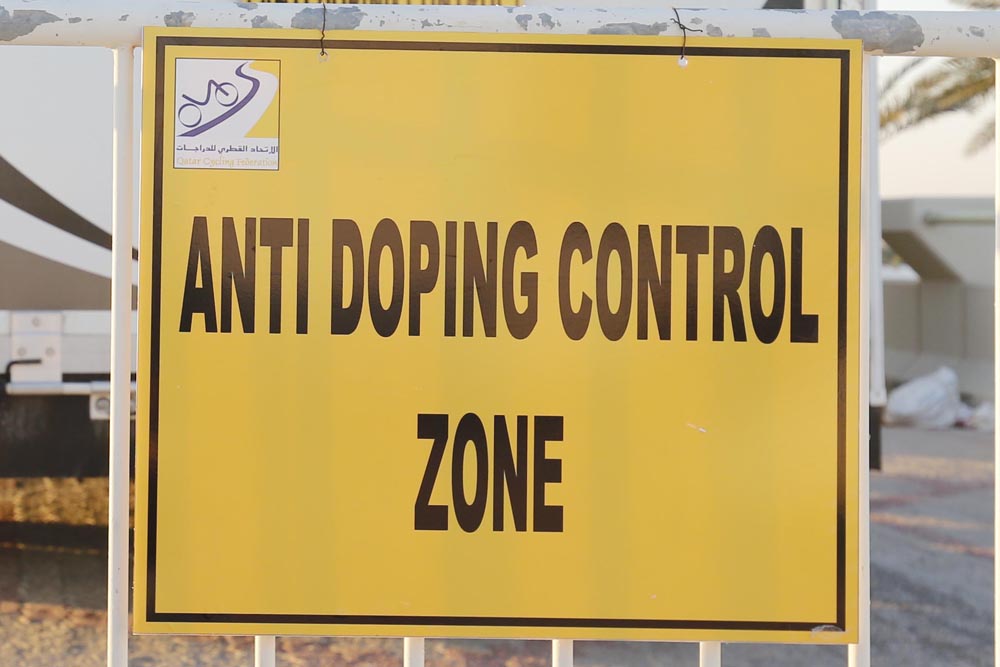Cycling Time Trials test record number of riders for anti-doping violations
Cycling Time Trials carried out 72 anti-doping tests on riders in 2016, up from 44 last year


An amateur racer has been banned for doping
Cycling Time Trials (CTT) tested a record number of its riders for anti-doping violations this year - and so far there has been been no adverse analytic findings.
The organisation that oversees domestic time trailing was rocked last year when three of its competitors were banned by UKAD for taking prohibited substances. They subsequently vowed to increase the number of tests.
There were 44 riders tested in 2015, but in its 2016 annual report it states 72 riders were tested at events throughout this year's season. However, the report was finalised before the National Hill-Climb Championships and CW understands that riders were tested there, too.
>>> Another British amateur cyclist has been banned for anti-doping offences
CTT promised to test riders at National Championships and club-promoted Open events, and the first six riders to be tested were at the Buxton CC mountain time trial on March 25.
"The universal view from riders are that they are pleased to see doping controls. It's not uncommon for riders to say that there ought to be more of it," Nick Sharpe, the organisation's national secretary, told CW.
>>> Serious shortage of anti-doping officials ahead of 2020 Tokyo Olympics, report warns
The latest race content, interviews, features, reviews and expert buying guides, direct to your inbox!
But there has been no "decision yet" as to whether there will be another increase in the number of tests in 2017. "It is something that we look at the beginning of the year, annually," Sharpe added.
East test costs the CTT around £540, but to test for EPO would cost an approximate additional £150. More that £22,000 was spent on drug tests in the period from April 1, 2015 to March 31, 2016 and it is estimated that around £40,000 has been spent on tests in the current, ongoing financial year.
Robin Townsend was sanctioned in January for modafinal and also tested positive for EPO, which was announced last month; Andrew Hastings returned positives tests for anabolic steroids Metenolone and Stanozolol and admitted on SAS: Who Dares Wins that he did dope, despite previously denying it.
Meanwhile, Gabriel Evans, was given a three year and six month ban from competition after admitting to taking EPO; he didn't fail a drugs test, however.
The annual report also revealed that CTT have just over £500,000 in total assets.
A freelance sports journalist and podcaster, you'll mostly find Chris's byline attached to news scoops, profile interviews and long reads across a variety of different publications. He has been writing regularly for Cycling Weekly since 2013. In 2024 he released a seven-part podcast documentary, Ghost in the Machine, about motor doping in cycling.
Previously a ski, hiking and cycling guide in the Canadian Rockies and Spanish Pyrenees, he almost certainly holds the record for the most number of interviews conducted from snowy mountains. He lives in Valencia, Spain.
